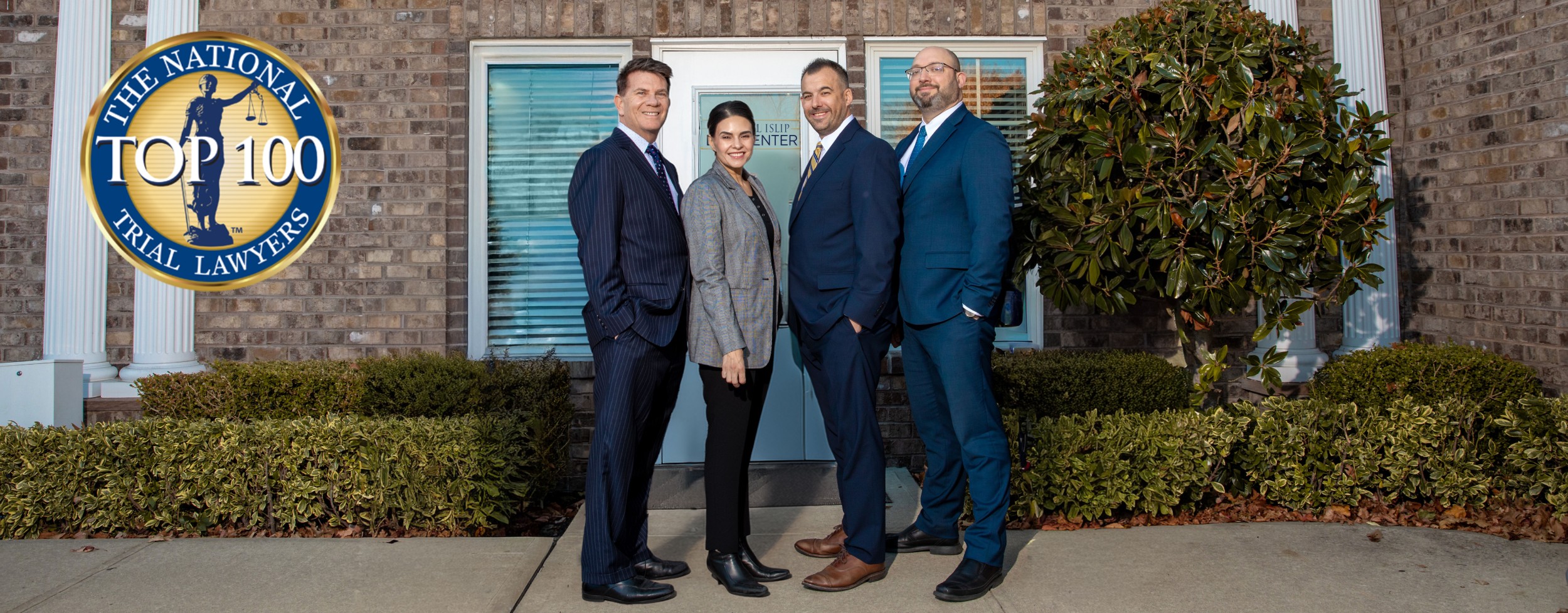As a citizen of the United States, you have certain constitutionally guaranteed rights that are meant to protect you against police coercion. Just because you have those rights, though, does not mean police will respect them, and they have tricks to convince people to not exercise those rights, even when it would be in their best interest. As a result, even completely innocent people can be manipulated into giving unwitting confessions to crimes they did not commit. If you ever speak to the police, look out for these five tricks they use to get around your constitutional rights:
- Telling you you are not being interrogated
- One of the most common tricks employed by the police is to tell suspects they are not being formally interrogated. This is important for two reasons: first, it puts the person they are questioning off guard, making them more relaxed than they would be under a formal interrogation. Second, it makes them less likely to invoke their right to remain silent or their right to a lawyer, since they think they will not need it.
- Lying about evidence or witnesses they do not have
- Another common technique used by police to convince people to talk is by lying about the witnesses or evidence they have. This is meant to convince you that they have something against you, and to convince you that invoking your rights would just be futile and a waste of time, even if you are innocent. In reality, though, police do not need to be honest to suspects about what evidence or witnesses they have, and you lose nothing by calling their bluff and invoking your rights.
- The Reid Technique, also known as “good cop/bad cop”
- The Reid technique is the formal name for the “good cop/bad cop” interrogation method. In this style of interrogation, one police officer is especially aggressive or intimidating, intending to scare you with threats of imprisonment or other punishment. Then, the more sympathetic “good cop” comforts you or shows sympathy, trying to convince you that they are on your side. This technique is notoriously effective at getting confessions out of people, regardless of whether they actually committed a crime or not, so watch out if they try this trick on you.
- Telling you that refusing to cooperate may hurt you
- Another common trick police use telling you that refusing to cooperate with police will make your legal case harder. In reality, though, you cannot be forced to give up your constitutional rights against your will, and neither the judge nor the jury in your case can legally punish you for exercising your constitutionally guaranteed rights. Police count on you not knowing that, or not remembering it in the stress of the moment, to convince you to act against your own best interests.
- Telling you they only want to help you
- While police interrogations are often thought of as terrifying experiences, in reality the police have learned that taking a softer approach can get more effective results. They know people who have been arrested are often afraid and are looking for a sympathetic ear, and they will happily tell you they are only there to help you. In reality, though, this is just the “good cop” without the “bad cop,” and their ultimate goal is to get you to say something incriminating before you can invoke your constitutional rights. That is why you should always contact a criminal defense lawyer when you get arrested, because they can help you protect your rights and ensure you are not goaded into an unwarranted confession by the police.
If you or someone you know has been arrested for a criminal offense, you will need legal counsel to help you preserve your rights and work to get the best possible outcome for your matter. A New York criminal defense lawyer, who is experienced in handling criminal cases of all sorts, can advise you of your legal rights and will fight for your best interests in court. If you or your loved one has been arrested, contact the Suffolk County criminal defense attorneys at McGuire, Peláez and Bennett at (631) 348-1702.



